100119_YKBP_A7.pdf






Broadcaster Press 7
October 1, 2019 www.broadcasteronline.com
A Bad Joke
Historical Trauma
and Cultural Healing
By
Daris Howard
When I was younger and just graduated from college,
we moved into a new area and into a new home. The
church I was part of had decided to move all record keeping to computers. The problem was, back then very few
people knew how to use a computer. So, the congregational leader, who went by the title of bishop, asked if I would
help enter the records into the computer.
One piece of this had to do with the donations the
members of the congregation gave to the church. On Sunday afternoons, I worked with a Henry to enter the data.
He would read off the numbers, and I punched them in.
This was before the days of the internet, so when we had
checked and double-checked the numbers, we called into
the church headquarters to report the data so the totals
could be recorded there.
One day, the bishop came into where Henry and I were
working. “I just got the phone bill,” he said. “Do you know
what’s on it?”
“What?” Henry asked.
“There are a lot of calls to a dirty joke line,” the bishop
replied. “The calls are all made during the youth night
meetings. Apparently, the youth are doing some things
they shouldn’t.”
The next Sunday, the bishop talked about the issue to
the congregation. He preached a little bit of fire and brimstone toward those who would use a church phone for
inappropriate behavior and called on them to repent.
“Not only is it a disgrace to see these kinds of calls
on our phone bill,” he said. “But the numbers were nine
hundred numbers and had charges both for long-distance
and for a line charge. We are going to have some equipment put in so a person must have a code to make a longdistance call. That should take care of the problem.”
Within a couple of weeks, the new equipment was installed. Henry and I were given a code we had to punch in
so we could call in the weekly donation report.
Only a few weeks after the new equipment was installed, Henry and I had spent much of a Sunday afternoon
recording everything. It was way past lunchtime, and we
were both hungry and ready to be home with our families.
It was Henry’s turn to make the call, and my turn to watch
and listen to verify he read the numbers correctly.
Henry dialed the number and punched in the security code. When the phone picked up on the other end,
he smiled. He identified himself and the congregation he
was calling from. Then he said, “I am ready to report the
weekly donation information.”
Suddenly, Henry blushed bright red. “Listen here,” he
said forcefully into the phone. “I don’t want to hear any
of that!”
Henry gasped. “Young lady, I want to talk to your supervisor!” He paused a minute and then said it again louder and with more force. Finally, he slammed the phone on
the receiver.
Henry was shaking with anger as he turned to me.
“That lady, and I use the term loosely, was telling me a
dirty joke.”
I laughed. “Henry, did you dial one eight-hundred, or
did you dial one nine-hundred?”
Henry was not smiling as he replied. “As far as I know,
I dialed one eight-hundred.”
He was so shaken by everything that he wouldn’t call
again. So, this time I dialed. A young lady answered and
identified herself as a secretary at the church headquarters. She pleasantly recorded the information, and we
hung up.
When the bishop stepped into the room, we told him
what had happened. He laughed. “Well, I guess we know
who was calling the dirty joke line.”
Henry didn’t think it was funny in the least. And when
the phone bill came, it showed a nine-hundred number
which, other than the nine, was the same as the church
reporting number.
“Give me that bill,” Henry said.
The bishop laughed. “We can pay for it.”
“Not on your life,” Henry said. “I don’t want anyone
saying I called a raunchy number and the church paid it.”
He looked at the charge on the phone bill, plopped
down five dollars, and said, “And keep the change.”
Then he added, “And I don’t want to hear another word
spoken about this again.”
By Richard P. Holm, MD
Starting in 1805 through
1858 the Dakota Indian people
living in Minnesota were, by
U.S. government treaties,
gradually cut out of their traditional hunting areas. In 1861,
crops failed, winter was severe, meager federal payments
were late and Dakota children
were starving. By August of
1862, desperation moved some
of the Dakota Indians to attack
white homestead farmers and families and the state
militia responded. War was on.
After six weeks of fighting the Dakota warriors surrendered and 303 men were sentenced to death by hanging. President Abraham Lincoln commuted many but
left 38 Dakota men to hang in Mankato, Minnesota just
after Christmas 1862. Those commuted were shipped to
prison in Iowa where more than a third died as conditions were so poor.
Although many Indian people did not go to war, white
hatred of all Indians grew like a prairie fire. Within a year,
a $25 bounty was paid for the scalp of any Dakota Indian
found free within the state. Lives were lost on both sides
of that war, but the Dakota Oyate (Oyate means people)
lost their lands and their culture. Pride and family traditions were severely compromised affecting many generations to come.
First introduced by mental health expert Maria Yellow
Horse Brave Heart, Historical Trauma Response is a soci-
etal diagnosis now used by psychologists and historians.
It refers to the cumulative, transgenerational, traumatic
experience which causes long-lasting injury to communities, cultures and descendants, like that of the American
Indian. Another example of HTR is the African American
slave experience.
Experts state that HTR may cause smoldering animosity between groups as well as poverty, alcohol abuse,
violence, depression and suicide behaviors. How can this
be treated without compromising a culture’s traditions?
Do ancestors of immigrant Europeans have a societal responsibility to right a wrong? Does smoldering animosity
block the path to healing?
I believe prejudice hurts all of us. Hate poisons the
well, even if it is “inherited hate” that came from more
than 200 years of conflict and violence. It is time for
European descendants to free ourselves from the bonds
of historical bigotry and better understand the perspective of the Indian people. It is time for people of all races
to stop hating and find ways for cultural healing through
spiritual kindness to each other.
Lakota leader and mystic Black Elk said, “The bison
were the gift of a good spirit . . . and from the same good
spirit we must find another strength.”
Richard P. Holm, MD is author of “Life’s Final Season, A
Guide for Aging and Dying with Grace” available on Amazon.
For free and easy access to the entire Prairie Doc® library,
visit www.prairiedoc.org and follow Prairie Doc® on Facebook featuring On Call with the Prairie Doc® a medical Q&A
show streaming on Facebook and broadcast on SDPTV most
Thursdays at 7 p.m. central.
DPS Urges Yankton Sioux Tribe To Use Immediate
Options Available For Flood Response
PIERRE, S.D. – The
South Dakota Department of Public Safety has
recommended that the
Yankton Sioux Tribe’s
request to use the South
Dakota National Guard
for flood response be
declined because other
options are immediately
available to the tribe.
Tribal Chairman
Robert Flying Hawk
sent a Sept. 20 letter to
Governor Kristi Noem
asking for assistance for
the White Swan community in Lake Andes.
Specifically, the chairman
requested any or all use
of the National Guard.
DPS Cabinet Secretary
Craig Price, in a letter
sent Monday to Chairman Flying Hawk, said
that last Friday, staff
from the Department of
Public Safety’s Office of
Emergency Management
met with tribal and U.S.
Army Corps of Engineers
officials to discuss the
building of a berm. Secretary Price stated the
Corps provided instructions and technical advice on how to build the
berm and tribal officials
said they had the money,
materials, personnel and
equipment to build the
berm themselves.
“While it is our assumption you want the
National Guard to construct the berm, it is our
recommendation that,
in this situation, the National Guard is not a last
resort, because the tribe
still has other resources
available that can quickly
be implemented,” Secretary Price wrote.
State agencies, according to Secretary
Price, have tried to stay
in contact with the tribe
since flooding began this
spring. He said the state’s
assistance is still available to the tribe.
“We provided the
pumps you requested
to lower water levels.
We also raised roads to
re-establish access to
Lake Andes for tribal
members. We’ve worked
with FEMA and your
tribal housing officials to
identify possible housing solutions.” Secretary
Price wrote. “We are still
ready to assist the Yankton Sioux Tribe to keep
your tribal members safe
and rebuild after flood
waters recede.”
Secretary Price said
both the state and tribe
understand that cooperation is needed to help
the area deal with the
lingering flood issues.
“The state has worked
together with many communities to deal with
their flooding issues and I
know we can continue to
do the same thing here,”
he wrote.
'
3 HDGOLQHV
Classified Ads:
Friday at Noon
Display Ads:
Friday at 11AM
Office Hours:
Online Only Equipment & Tool
Monday–Friday 9:00AM–12:30PM
and
1:00PM–3:30PM
Has Moved
Now Located
4 miles South of
Yankton on Hwy 81
www.yanktontrailers.com
402-667-2004
www.plaintalk.net
www.broadcasteronline.com
201 W. Cherry St.,Vermillion • 605-624-4429
RAISE
YOUR
Expectations
NAMED 2019
BEST BANK
IN SOUTH DAKOTA
by Forbes Magazine
®
101 W Main St | Vermillion
605.624.4461 CorTrustBank.com
ID 405612
Clay County Surplus—Tractors—Tools & More
Items begin to close: Tues., Oct.15 • 10:00 a.m.
Located: Girard Auction Facilities, Wakonda, SD
Clay County Surplus: 2012 CAT 140M2AWD Motor Grader, snow plus tires, 4,075
Hours, 14’ Mold board w/ 2’ extension, No lift group, has snow wing hydro-hookups—
clean & nice; 2005 Sterling Tandem Axle Dump Truck w/ 1-way Snow plow; AC, AMFM, box vibrator, C-7 Cat motor, Allison Auto, 240K miles, Good Shape; 2004 Sterling
Tandem Axle Dump Truck w/ 1-way Snow Plow, AC, AM-FM radio, box vibrator, C-7 Cat
motor, Allison Auto, 276K miles, Good Shape;
Estate IH Tractors: 1985 IH 5288 w/ 1,960 actual Hours, duals; IH 3088 w/ 1,448 Act
Hours—nice, 2-owner, duals; IH Farmall 230 wf, restored; IH H—new paint;
Combine: JD 7220, 4200hrs, Rear assist, LED Lights, lots of new parts;
Other Equipment: CAT D-7 Dozer, complete, has been sitting, but should run; IH 656
w/ Loader; ‘00 Chevy 3500 2x4 Dually Pickup, 128K miles; ’90 12’x6” Wells Cargo
Enclosed Trailer;
Estate Tool Dispersal: Clausing Model 8520 Milling Machine; Rockwell Metal Lathe
25-700; Craftsman Metal Lathe; Shop Bench; Craftsman Small Metal Lathe; Craftsman
12” Band Saw; Rockford Metal Cutting Saw; Miller Thunderbolt 225 AC Welder; Large
Sand Blasting Cabinet; Campbell-Hausfeld 5.5hp Honda Port. Air Comp.; Ridged 400A
Elec. Pipe Threader; 17 1/2t Shop Press; Boyer-Schultz Surface Grinder; Large Steel
Shop Cabinet; Work Benches; Trash Pump; Craftsman Wood Lathe; Engine Cherry Picker;
Porta-Heaters; Craftsman 15” Skil Saw & 18” Scroll Saw; other small tools;
Internet Only Auction—NO LIVE AUCTION. Conveniently bid from anywhere at
www.Girardbid.com. Click “Become a Member”, fill out the form, then click “Register
for Auction” wait for approval. All items are located at the Girard Auction Facilities in
Wakonda, SD. Open most days 9 to 5 for inspection. Please inspect before bidding!
Catalog & bidding will open on October 3rd.
Terms: 10% Buyer’s Premium added to all purchases. SD Sales tax applies. Cash or
Good Check. Visa & MasterCard on purchases under $1,000. Personal Inspection is
highly recommended before bidding.
Girard Auction & Land Brokers, Inc.
(605) 267-2421
Toll Free: 1-866-531-6186
www.GirardAuction.com · www.Girardbid.com
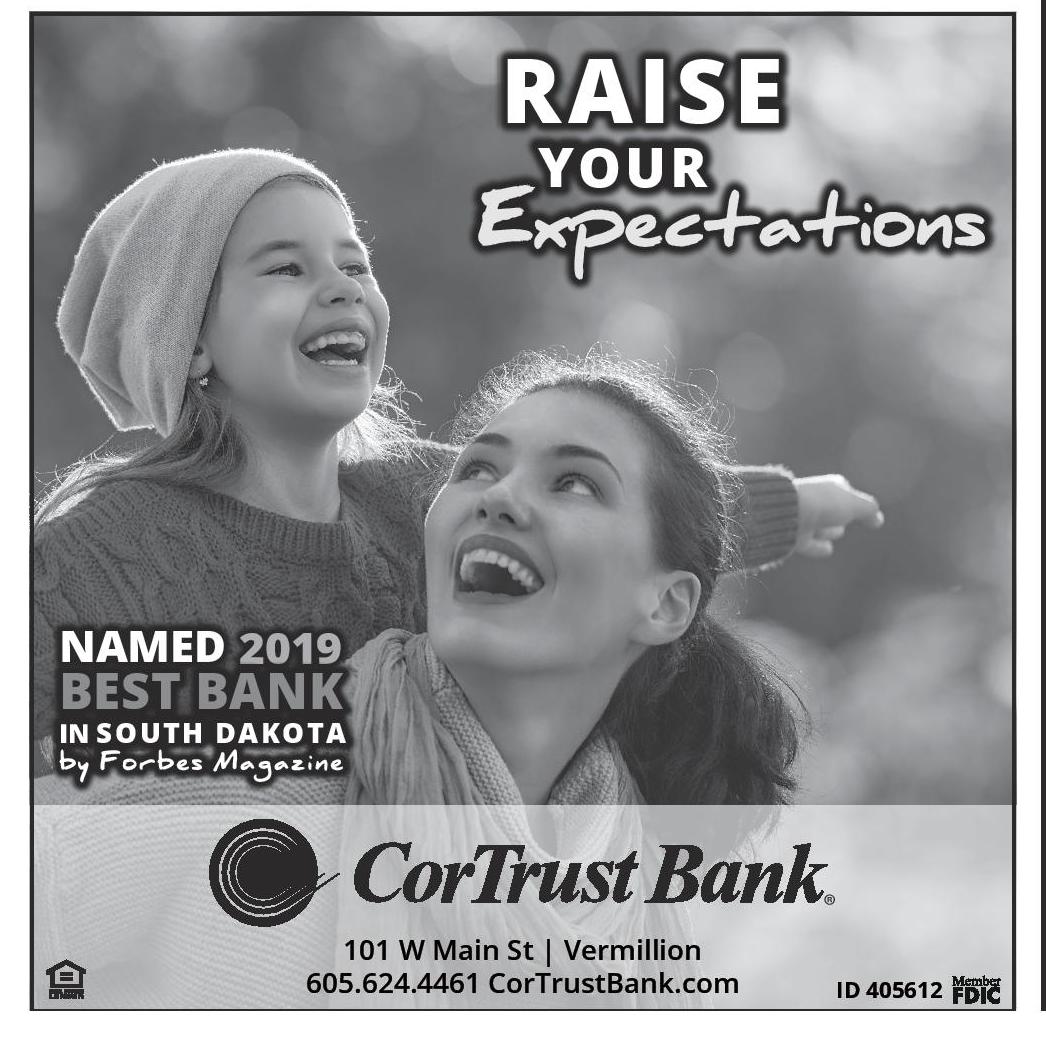
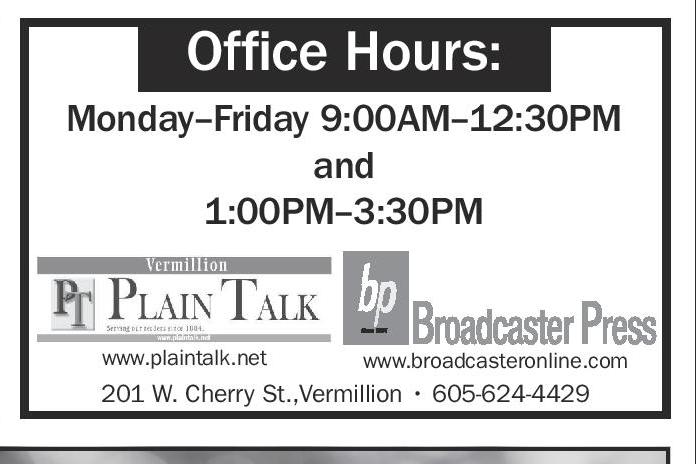
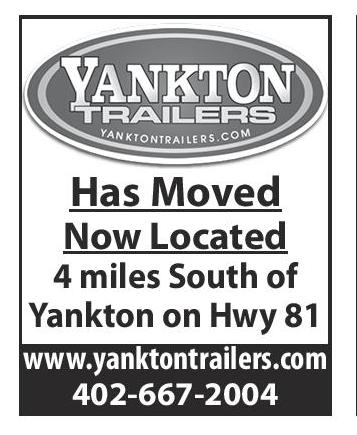


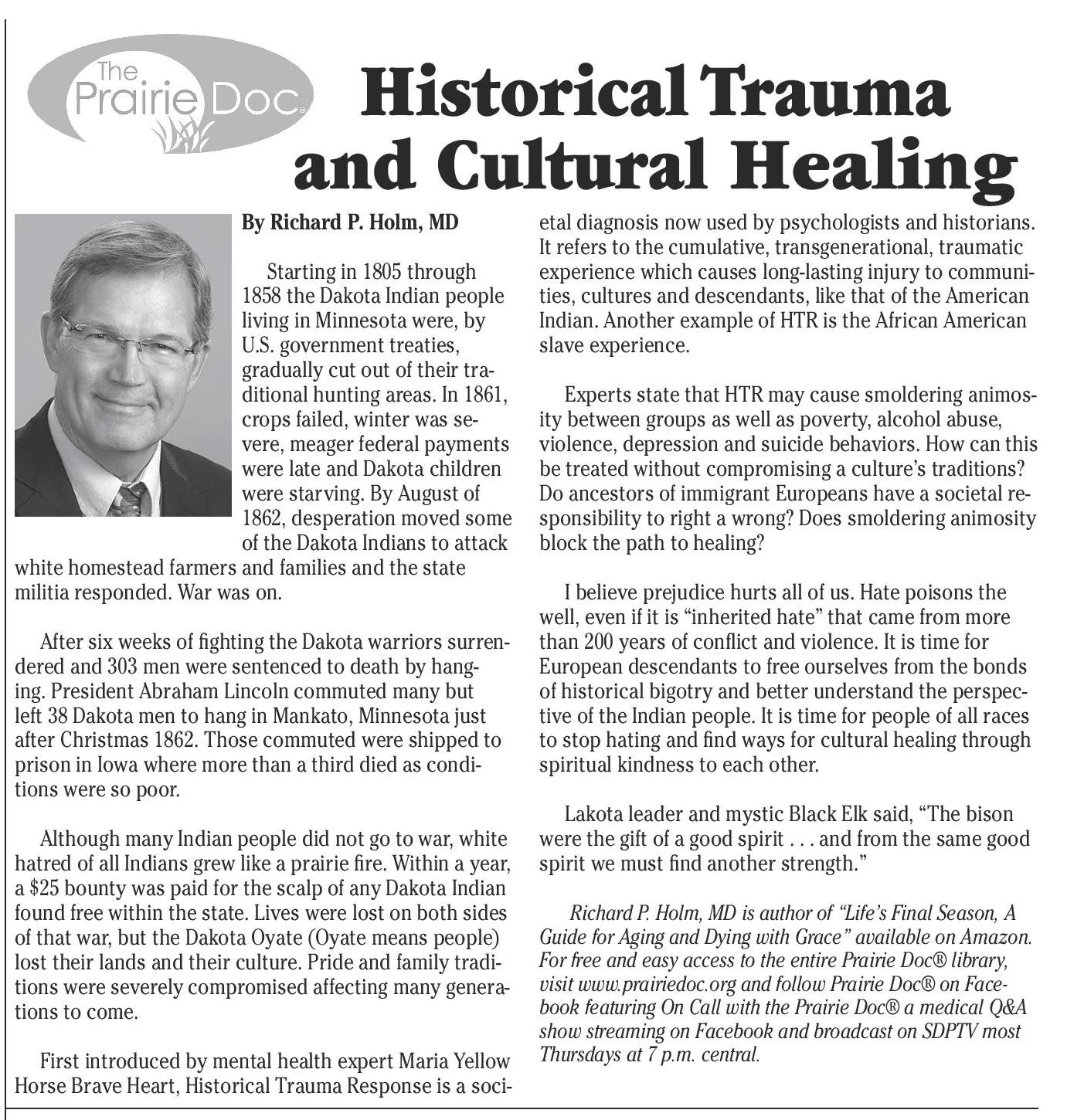


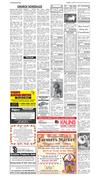

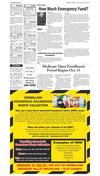

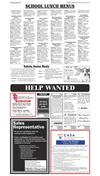
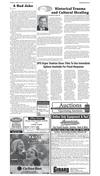
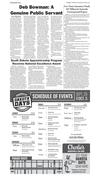
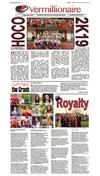
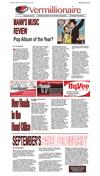
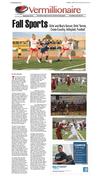
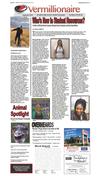

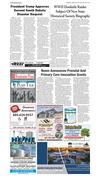
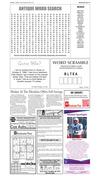
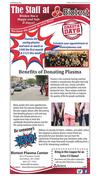
 Previous Page
Previous Page






